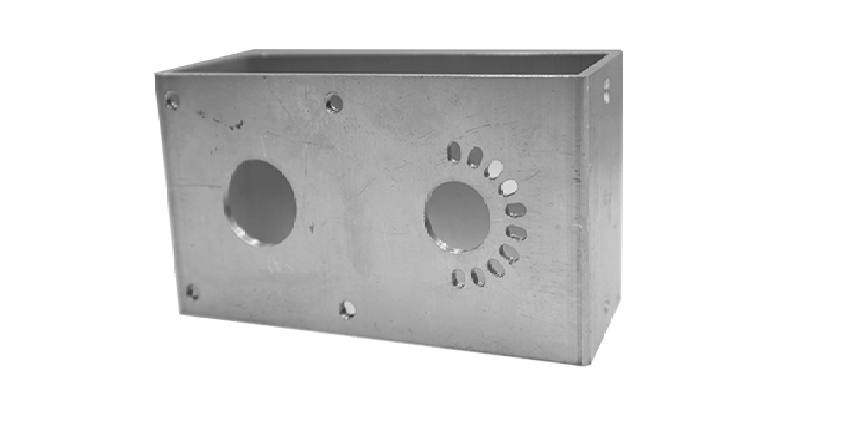Titanium and its alloys have many excellent characteristics, such as light weight, high strength, strong heat resistance, and corrosion resistance. They are known as “future metals” and are promising new structural materials. Titanium and its alloys not only have very important applications in the aviation and aerospace industries, but also have been widely used in many industrial sectors such as chemical industry, petroleum, light industry, metallurgy, and power generation. Titanium is more resistant to seawater corrosion than all other metals. After being parked in a deep sea of more than one mile (1.6km) for many years, industrial pure titanium has not produced any corrosion, although a layer of marine deposits has been deposited on the titanium surface. However, no pitting and fissure corrosion occurred. Whether in stationary or high-speed flowing seawater, titanium has special stability, and copper alloy or aluminum alloy corrosion rate will be very fast when the seawater flow rate reaches 120 feet per second (36.6m / s). Titanium is considered to be one of the best corrosion-resistant materials suitable for use in seawater today. Gr1 and Gr2 alloys (TA1 and TA2) do not undergo stress corrosion in seawater; TC4 (Ti-6AL-4V) alloy containing a small amount of oxygen is one of the best high-strength titanium alloys suitable for working in seawater environment. Therefore, titanium material is an ideal material for seawater desalination devices, and the application of titanium material in this field will be greater and greater.
There are two main methods for desalination of seawater: distillation and reverse osmosis. The former is to heat seawater to vaporize it, and then condense the steam to obtain fresh water; the latter is to pressurize the seawater and let the fresh water in it pass through a special The membrane retains the salt to obtain fresh water. From the perspective of the development of seawater desalination abroad and the application of titanium, the working temperature of distillation is higher and titanium is used; the working temperature of reverse osmosis is lower and titanium is generally not used. Among the seawater desalination methods in the world, distillation accounts for 75% and reverse osmosis accounts for 20%.




Leave a Reply
Want to join the discussion?Feel free to contribute!